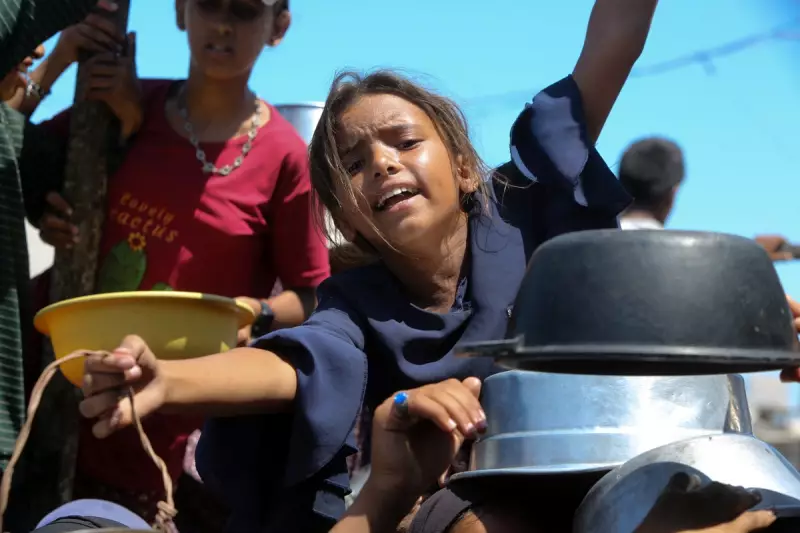
While the world marks another World Mental Health Day on October 10th, a silent emergency is unfolding in the rubble of conflict zones from Gaza to Afghanistan. Beyond the immediate physical destruction and loss of life, a deeper, more insidious crisis is taking root—one that will haunt survivors for generations to come.
The Psychological Scars of Endless Conflict
In Gaza, where entire neighbourhoods have been reduced to dust, the mental health infrastructure has collapsed alongside buildings. The few remaining mental health professionals describe a population suffering from severe trauma, with children particularly vulnerable to lasting psychological damage.
"We're seeing symptoms of severe PTSD, anxiety, and depression on an unprecedented scale," explains one aid worker who requested anonymity. "Children are having nightmares, bedwetting, and showing signs of emotional withdrawal. For many, the concept of safety has been completely shattered."
Afghanistan's Forgotten Mental Health Epidemic
Meanwhile, in Afghanistan, decades of continuous conflict have created what experts describe as a "nation in trauma." With the Taliban's return to power and the withdrawal of international aid, mental health services have virtually disappeared, leaving millions without access to basic psychological support.
The situation is particularly dire for women and girls, whose rights and freedoms have been systematically dismantled. Mental health professionals report soaring rates of depression and suicide among Afghan women facing enforced isolation and the loss of education and employment opportunities.
A Global Failure to Address Trauma
This mental health crisis represents a fundamental failure in how the international community responds to humanitarian emergencies. While food, water, and shelter remain immediate priorities, psychological support is often treated as a luxury rather than a necessity.
Yet the evidence is clear: unaddressed trauma doesn't simply fade away. It manifests in substance abuse, domestic violence, and the perpetuation of conflict across generations. The children who witness violence today are more likely to become the combatants of tomorrow.
What Needs to Change
- Integrated mental health support must become a standard component of humanitarian response
- Funding for psychological first aid needs significant increase in conflict zones
- Training local community workers to provide basic mental health support
- Destigmatising mental health care in cultures where it remains taboo
As World Mental Health Day approaches, it's time to recognise that healing the invisible wounds of war is not just a moral imperative but a practical necessity for building sustainable peace. The bombs may eventually stop falling, but the psychological scars will remain long after the world's attention has moved elsewhere.





